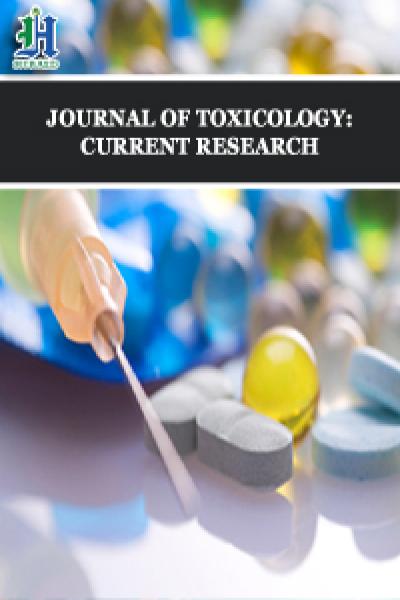
Clinical Toxicology
Clinical toxicology focuses on the diagnosis, management, and treatment of poisoning and adverse drug reactions in humans. It involves assessing both intentional and unintentional exposures to pharmaceuticals, chemicals, natural toxins, and recreational substances. Clinicians utilize clinical signs, patient history, toxicokinetic data, and laboratory diagnostics to identify toxic agents and guide treatment strategies. Common interventions include gastric decontamination, antidotes, activated charcoal, and supportive care. Clinical toxicologists often work in emergency settings, poison control centers, and hospitals to address acute and chronic toxic exposures.
The field also contributes to pharmacovigilance, identifying drug-related adverse events and supporting regulatory safety actions. Recent advances include the use of biomarkers, toxicogenomics, and predictive algorithms to improve risk stratification and therapeutic outcomes. The Journal of Toxicology: Current Research welcomes case reports, clinical studies, and reviews that enhance the understanding of toxic syndromes, new antidotal therapies, and patient management strategies. Clinical toxicology is essential in minimizing morbidity and mortality related to toxic exposures.

